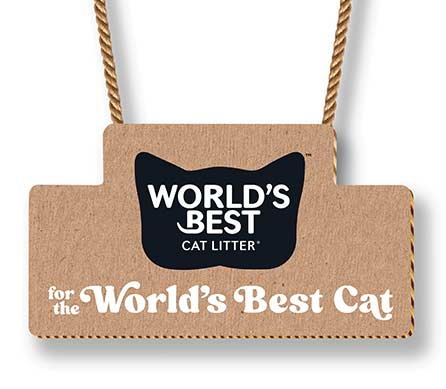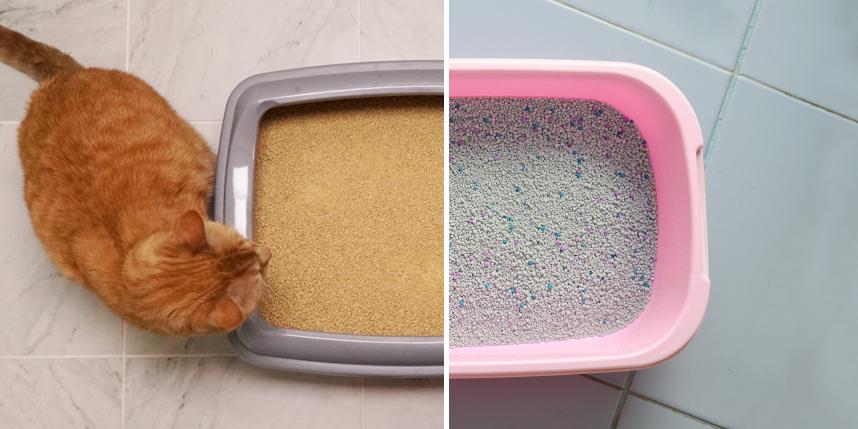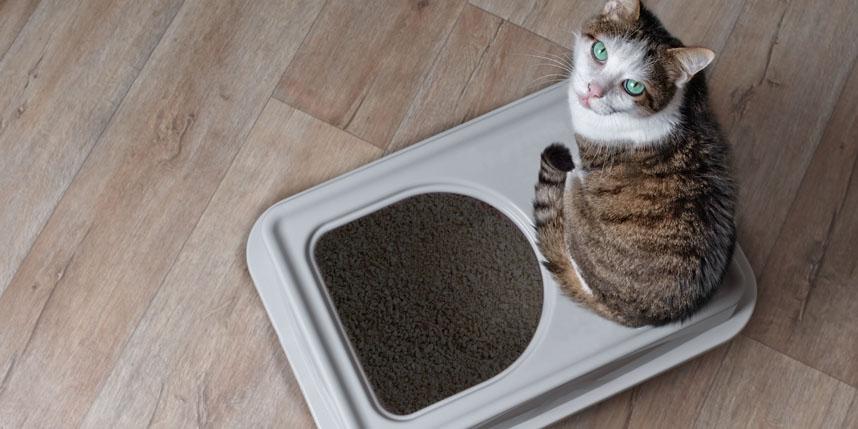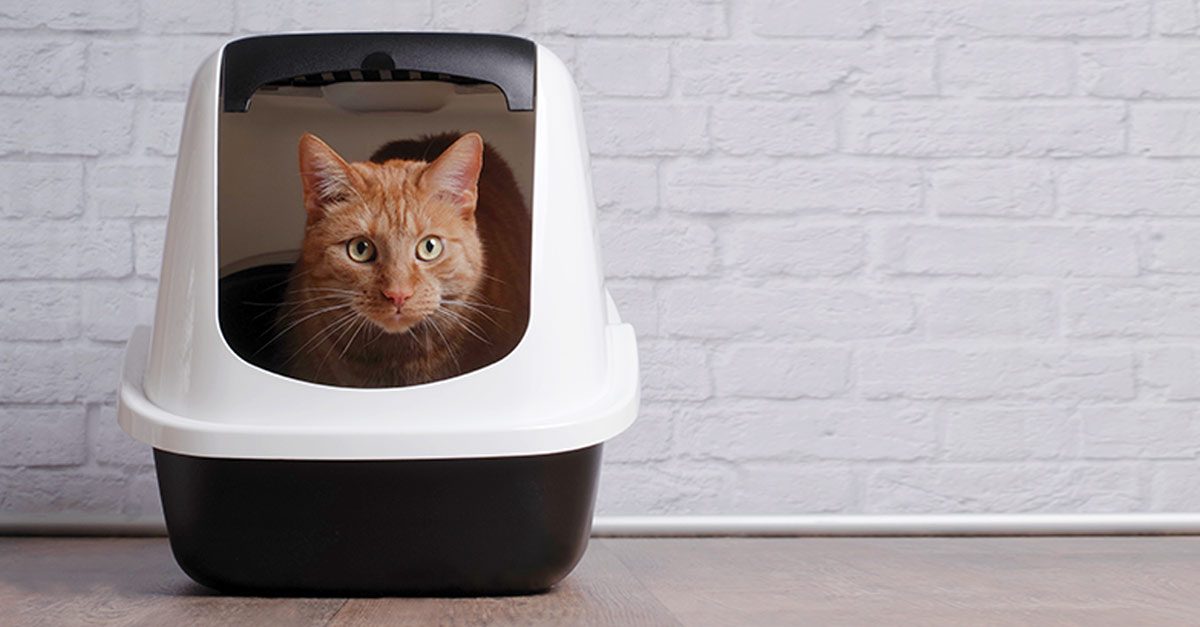CORN VS. CLAY: WHAT TYPES OF CAT LITTER TO BUY & WHY
There are a lot of options when it comes to cat litter. We break down each different type, and what you should look for when choosing your litter.
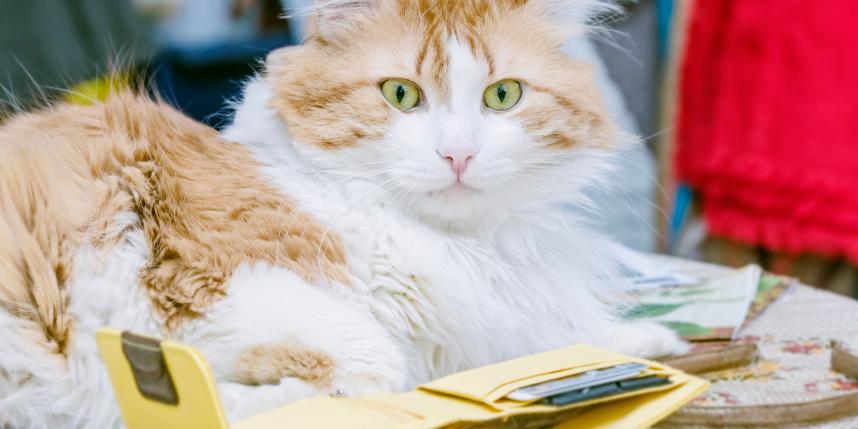
Cat Costs 101: What Expenses to Expect When Adopting a Cat
Cats have a reputation for being low maintenance pets, and while they are in some regards a less needy pet than dogs – there are still certain necessities required for owning a cat. It’s important to understand these costs before you adopt, so you never end up in a situation where you can’t afford to care for your cat.
How Much Does a Cat Cost?
While there is some variation in the costs of owning a cat depending what quality and quantity of products you choose to purchase for your cat, this estimation covers the basic costs associated with the essentials of owning a cat.

1. Adoption Fees – $40-$100
Though adoption fees may vary – especially if you decide to adopt during an event or promotion – most shelters charge anywhere from $40-$100 to adopt a cat.

2. Spay/Neuter Surgery – $145
Depending whether you adopt a kitten or adult cat, your feline may have already been spayed or neutered. However, if you do need to pay for your cat to get “fixed” it will likely cost you around $145.
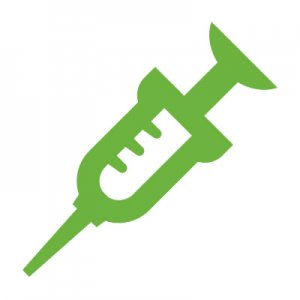
3. Initial Medical Needs (vaccinations, etc.) – $130
Typically, a newly adopted cat will need to receive vaccinations and a general health checkup from your veterinarian, which typically costs over $100. However, more and more shelters are providing their cats with the essential vaccinations before you adopt, which helps to lower the cost of this initial checkup. Regardless of whether or not your cat has received vaccinations from the shelter, you should always bring them for an initial vet visit so their normal health levels can be tracked and monitored, and your vet can check for any health issues the shelter may have missed or prescribe treatment for an existing condition.

4. Collar – $10
While not all cat parents opt for a collar, if you do choose to get one it will likely cost around $10.

5. Litter Box – $25
A litter box is a necessity for cat parents, and while inexpensive options do exist, investing in the right litter box for your household can help to reduce tracking and prevent litter box aversion.
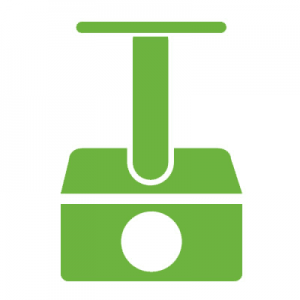
6. Scratching Post – $15
While a scratching post may not seem like a necessary purchase, not having one will only encourage your cat to scratch elsewhere – like your couch.

7. Travel Crate/Carrier Bag – $40
A travel crate or carrier bag is essential for transporting your cat to and from the vet and the cattery, for vacations or for moving.

8. Toys – $10
All cats should have a few toys in their life to help them stay fit both mentally and physically, but you can also make them yourself at home with these DIYs.

9. Food – $224
This number is subject to some fluctuation, especially if you choose to forgo kibble for wet, raw or organic food. A typical diet of dry cat food costs around $224 per year. This estimation does not account for cats with dietary restrictions that may require a more expensive, prescription food or even a raw diet.

10. Annual Vet Charges – $160
Despite some misconceptions around whether cats require yearly visits to the vet – you should always have your cat checked annually. Regular vet visits will help to catch any health issues before they become life-threatening.

11. Litter – $350
While litter costs may vary by brand, their lasting power will also vary. Opting for a less expensive litter typically requires replacing the litter in your cat’s box every week or two – negating the costs saved upfront. Using a litter that lasts for up to a month can help to cut down on litter costs long term.

12. Treats – $25
What can we say? It’s hard to have a cat and not treat them. Plus, treats are a helpful tool when training your cat, and can be used for positive enforcement.

13. Health Insurance – $175
Though it may seem like a large expense upfront, pet insurance is a good investment in the long run. Even just one emergency visit to the veterinarian can cost hundreds of dollars. Having pet insurance will help to reduce these costs and take the stress out of vet visits.

14. Miscellaneous – $30-$300
As a cat parent, you never know what life will throw at you. It’s good to keep a small amount of money set aside in case of an emergency or if you need to run to the store to grab a bottle of deodorizing carpet cleaner.
While having a cat may cost you – it’s an invaluable experience to give a furry friend their forever home. Not sure which litter is right for your new cat? World’s Best Cat Litter™ has a formula that’s pet, people and planet friendly that’s sure to work for you. Find your perfect formula.
